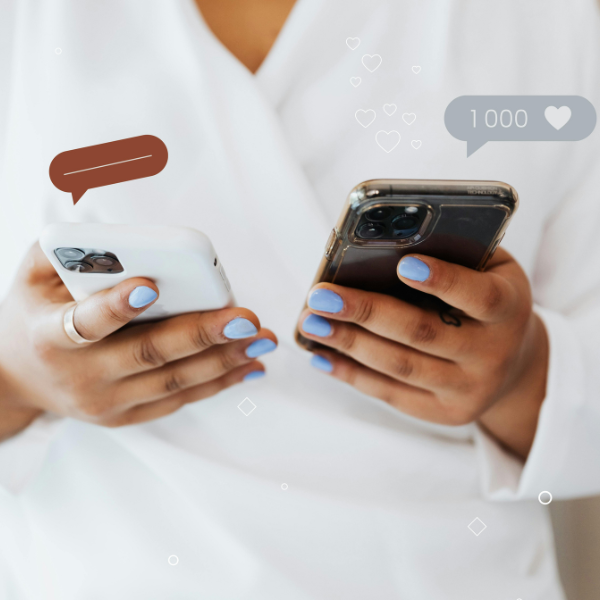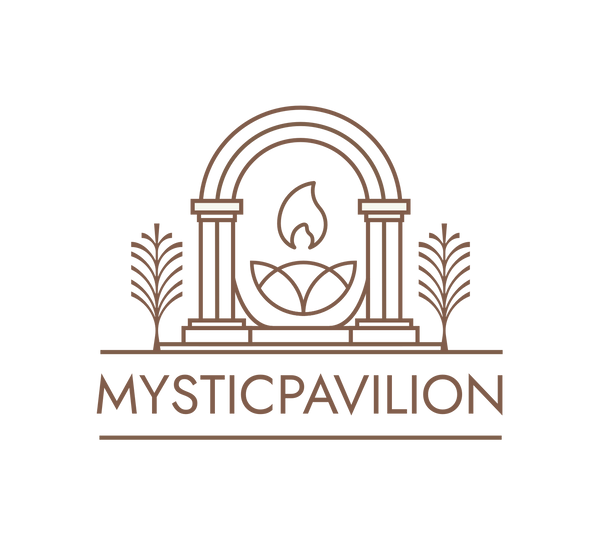
Why “Likes” Make Us Anxious: The Hidden Cost of Social Media Validation
Soulight OfficialShare
Why Do We Care So Much About a Heart Icon?
Think about the last time you posted something online. Did you check back in a few minutes to see how many people liked it? Maybe you felt a rush of excitement when the first notifications popped up—and then a pang of disappointment when the numbers didn’t climb as fast as you hoped.
This isn’t just vanity. It’s psychology. The human brain is wired to seek approval. Social media has turned that ancient need for belonging into a numbers game. And for many people, especially those prone to worry or insecurity, this constant measurement of worth through likes, comments, and follows can create what we now call social media anxiety.
What Is Social Media Anxiety?
Social media anxiety isn’t an official diagnosis, but it describes a very real set of feelings:
- Nervousness before posting something (“What if no one likes it?”)
- Compulsively checking notifications
- Comparing your life to filtered, polished versions of others
- Avoiding posting altogether out of fear of judgment
- Feeling empty or rejected when posts don’t get attention
At its core, it’s the fear of not being good enough—played out in a public digital arena where everything can be measured, replayed, and judged.
Why Social Media Amplifies Insecurities
Endless Comparison
Social platforms are designed for highlight reels. Vacations, promotions, happy couples—all on display. When you compare your everyday life to someone’s “best-of” moments, it’s easy to feel like you’re falling behind.
The Dopamine Rollercoaster
Likes and comments give us tiny bursts of pleasure. But just like sugar, the crash comes quickly. The more you chase that hit, the more anxious you feel when it doesn’t come.
Fear of Missing Out (FOMO)
Scrolling late at night, you see friends at parties, new restaurants, or traveling—and suddenly your quiet evening feels like failure. Social media magnifies the idea that everyone else is doing better.
The Illusion of Connection
You can have hundreds of followers and still feel lonely. Digital connections often lack the depth of face-to-face relationships, leaving you more isolated than before.
Signs You Might Be Caught in the “Like Trap”
- You delete posts that don’t get enough attention
- You avoid posting photos of yourself unless they’re heavily edited
- You feel jealous or anxious after scrolling through your feed
- You measure your mood by how much online engagement you get
- You spend more time consuming than connecting
Breaking Free: How to Use Social Media Without Losing Yourself
✨ Redefine success – Instead of focusing on numbers, pay attention to the quality of interactions. A meaningful comment is worth more than 50 likes.
✨ Set healthy boundaries – Turn off push notifications, limit scrolling time, and give yourself offline breaks.
✨ Shift from performance to connection – Post because you want to share, not because you expect applause.
✨ Practice self-compassion – Remind yourself that what you see online is a curated snapshot, not the whole truth.
✨ Reconnect offline – Balance digital interaction with real-world conversations, nature, and mindful practices.
Final Reflection
Social media anxiety doesn’t come from weakness—it comes from being human in a world where approval is measured in digits. By noticing the patterns, setting boundaries, and using social media with intention, you can turn these platforms back into tools of connection instead of sources of stress.
Because at the end of the day, you are more than your follower count, your filters, or your likes. 🌙💫
